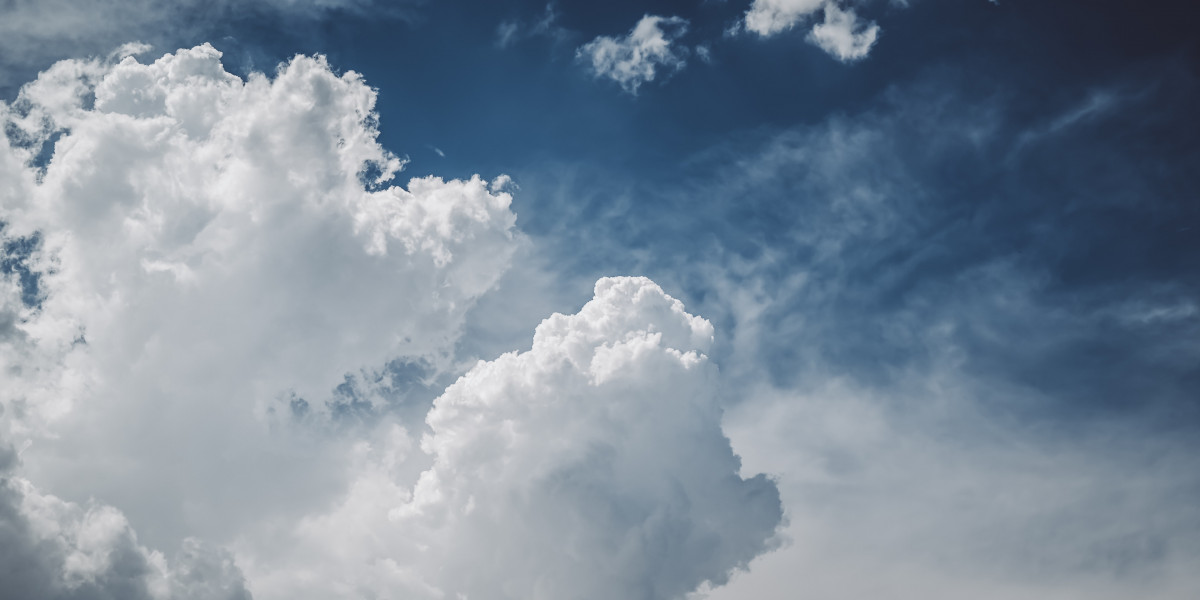Illuminate Your Garden: Discover the Ultimate Low Voltage LED Flood Lighting Solutions!
As the sun sets and darkness envelops your garden, the right lighting can transform your outdoor space into a magical retreat. Garden lighting not only enhances the aesthetic appeal of your landscaping but also allows you to enjoy your garden after hours. Low voltage LED flood lighting has gained immense popularity in recent years as an energy-efficient solution that illuminates gardens effectively. These lights are versatile, easy to install, and safe for use, making them an excellent choice for anyone looking to enhance their outdoor environment. In this article, we will explore the various options available for low voltage LED flood lighting in gardens, helping you create the perfect ambiance in your outdoor oasis.

Understanding Low Voltage LED Flood Lighting
Low voltage LED flood lights are lighting fixtures designed to operate on a lower voltage, typically 12 volts. This feature not only enhances safety by reducing the risk of electric shock but also offers flexibility in installation, as they can be easily connected to a transformer. One of the primary benefits of these lights is their energy efficiency; they consume significantly less electricity compared to traditional halogen flood lights, which can lead to substantial savings on your energy bills. Additionally, LED lights have a longer lifespan, often lasting up to 25,000 hours or more, meaning you will spend less time and money on replacements. Their versatility allows for multiple applications in a garden setting, from highlighting specific features to providing overall illumination.
Benefits of Using Low Voltage LED Flood Lights in Gardens
Using low voltage LED flood lights in your garden comes with a multitude of advantages. Firstly, they enhance the visual appeal of your garden, illuminating beautiful plants, trees, and structures, creating an inviting atmosphere. By strategically placing lights to highlight pathways or architectural features, you can draw attention to the unique aspects of your landscaping. Beyond aesthetics, lighting also serves a practical purpose; it can improve safety by illuminating walkways and steps, preventing accidents during evening strolls. Moreover, these lights can deter unwanted wildlife or intruders, adding an extra layer of security to your home. On an environmental note, low voltage LED lights have a lower carbon footprint, contributing to energy conservation and sustainability efforts.
Choosing the Right Low Voltage LED Flood Lights
When selecting low voltage LED flood lights for your garden, there are several factors to consider. First, evaluate the brightness of the lights, typically measured in lumens. Depending on the area you want to illuminate, you may require brighter lights for larger spaces or softer lights for intimate settings. The beam angle is another crucial aspect; wider angles are ideal for illuminating broad areas, while narrower beams can focus on specific features. Color temperature, which affects the warmth or coolness of the light, should also be considered. Warmer tones (around 2700K) typically create a cozy atmosphere, while cooler tones (5000K and above) yield a more modern and vibrant look. Lastly, consider the design of the fixtures; choose styles that complement your garden's aesthetic, whether it be sleek and modern or rustic and traditional.
Installation Tips for Low Voltage LED Flood Lighting
Installing low voltage LED flood lights can be a rewarding DIY project if approached with careful planning. Start by mapping out your garden and identifying key areas you wish to illuminate, such as pathways, flower beds, or water features. Proper positioning is crucial; place lights where they can cast the desired effect without causing glare or shadows. Ensure that the wiring is safely buried or secured to prevent tripping hazards. Most systems will require a transformer to convert standard voltage to low voltage; make sure to follow the manufacturer's instructions closely for a smooth installation. Always prioritize safety: turn off the power while working on electrical components, and consider enlisting the help of a professional electrician if you're unsure about any part of the process.
Creative Ways to Use Low Voltage LED Flood Lights in Your Garden
The creative potential of low voltage LED flood lights in your garden is virtually limitless. Consider illuminating pathways with subtle uplighting to guide your guests safely through the space while creating a beautiful ambiance. You can also highlight unique plants or trees by placing lights at their base, casting enchanting shadows and bringing out their natural beauty. For those with water features, strategically placed lights can create stunning reflections on the surface, enhancing the tranquility of the setting. If you have outdoor seating areas, consider using flood lights to create a cozy atmosphere, allowing for evening gatherings under the stars. Don't shy away from experimenting with different placements and configurations; the goal is to enhance your garden's features while making it a welcoming space for all.
Enhancing Your Outdoor Space with Low Voltage LED Flood Lighting
In summary, low voltage LED flood lighting offers an array of benefits that can greatly enhance your garden space. Their energy efficiency, versatility, and safety make them an ideal choice for outdoor lighting solutions. By understanding how to select the right fixtures, install them correctly, and creatively use them to illuminate your garden features, you can create a stunning outdoor environment that you and your guests can enjoy long after the sun goes down. Investing in low voltage LED flood lighting is not just an enhancement to your garden; it's a step towards a more beautiful, secure, and eco-friendly outdoor space.








